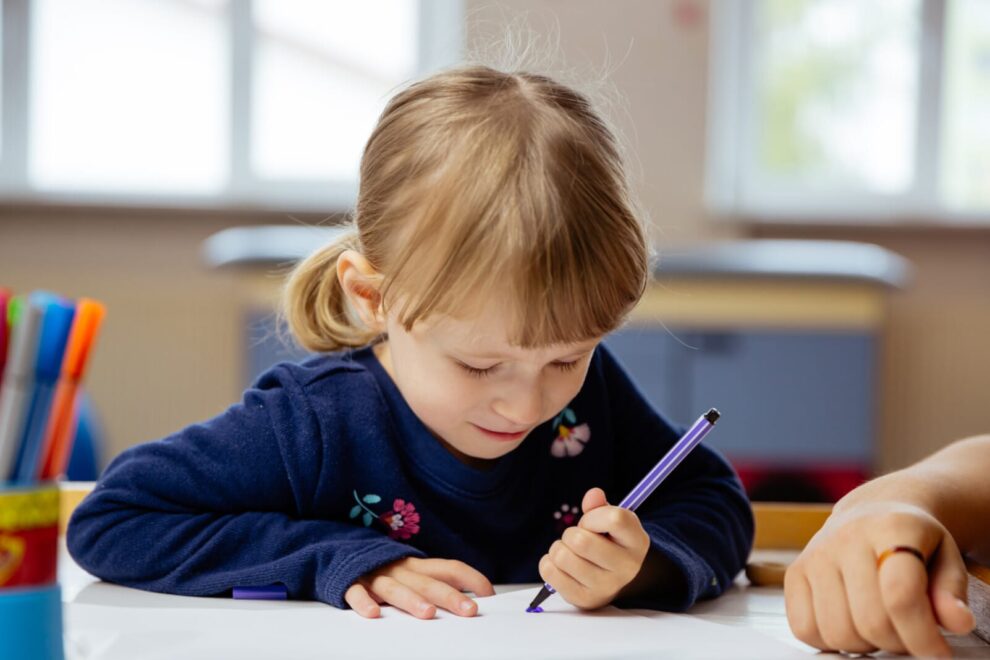Nearly 11 million children with disabilities live in Europe and Central Asia. Each of them – like every child in the world – has the right to be nurtured and supported through responsive care and education, to receive adequate nutrition and social protection, and to enjoy play and leisure time. Too often, however, such rights are denied. The reasons vary: They include stigma, lack of accessible services, institutionalization and physical barriers. But the consequences are sadly consistent. When marginalized from society, these children’s chances to survive and thrive are diminished, along with their prospects for a bright future.
Monitoring the inclusion of children with disabilities in development efforts has long been held back by the lack of reliable and comprehensive data. Recent years, however, have seen renewed efforts to fill these data gaps. The development of new data collection tools has resulted in a substantial increase in the availability and quality of data on children with disabilities, fostering new analyses and contributing to increased knowledge generation.
This report is a testament to these efforts. It includes internationally comparable data from nine countries in Europe and Central Asia and covers more than 30 indicators of child well-being – from education to protection from violence and discrimination. It also presents global and regional estimates of children with disabilities drawn from more than 1,000 data sources, including 228 from countries in Europe and Central Asia.
The report’s objective is to promote the use of these data to make children with disabilities in the region more visible, bringing about a fuller understanding of their life experiences. It offers evidence crucial to decision-making to fulfil obligations, both moral and legal, to give every child an equal chance in life.
Source: Relief Web









